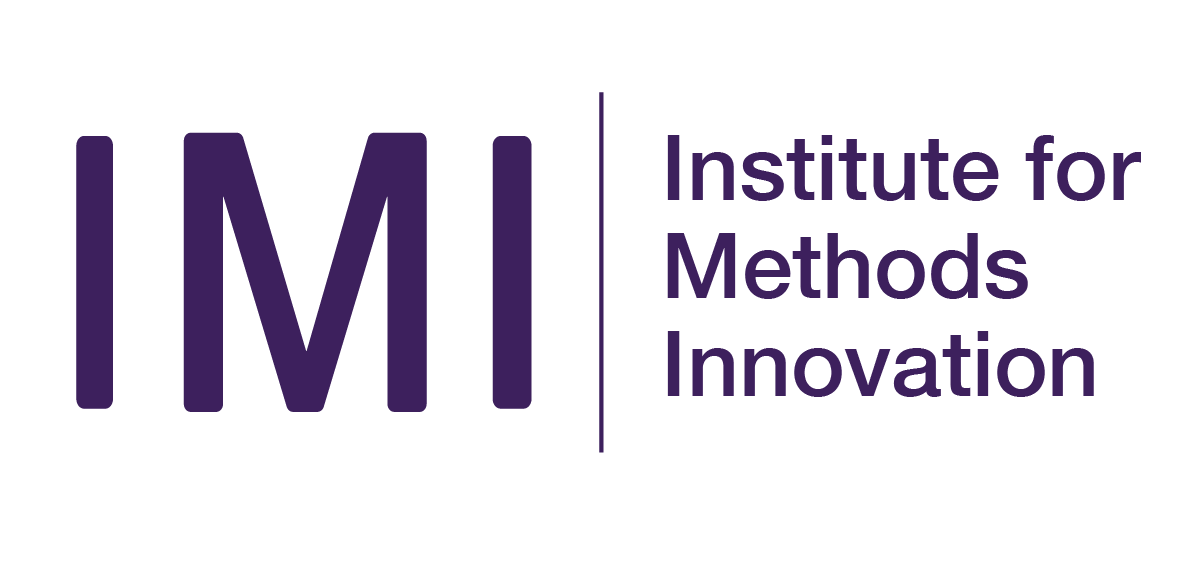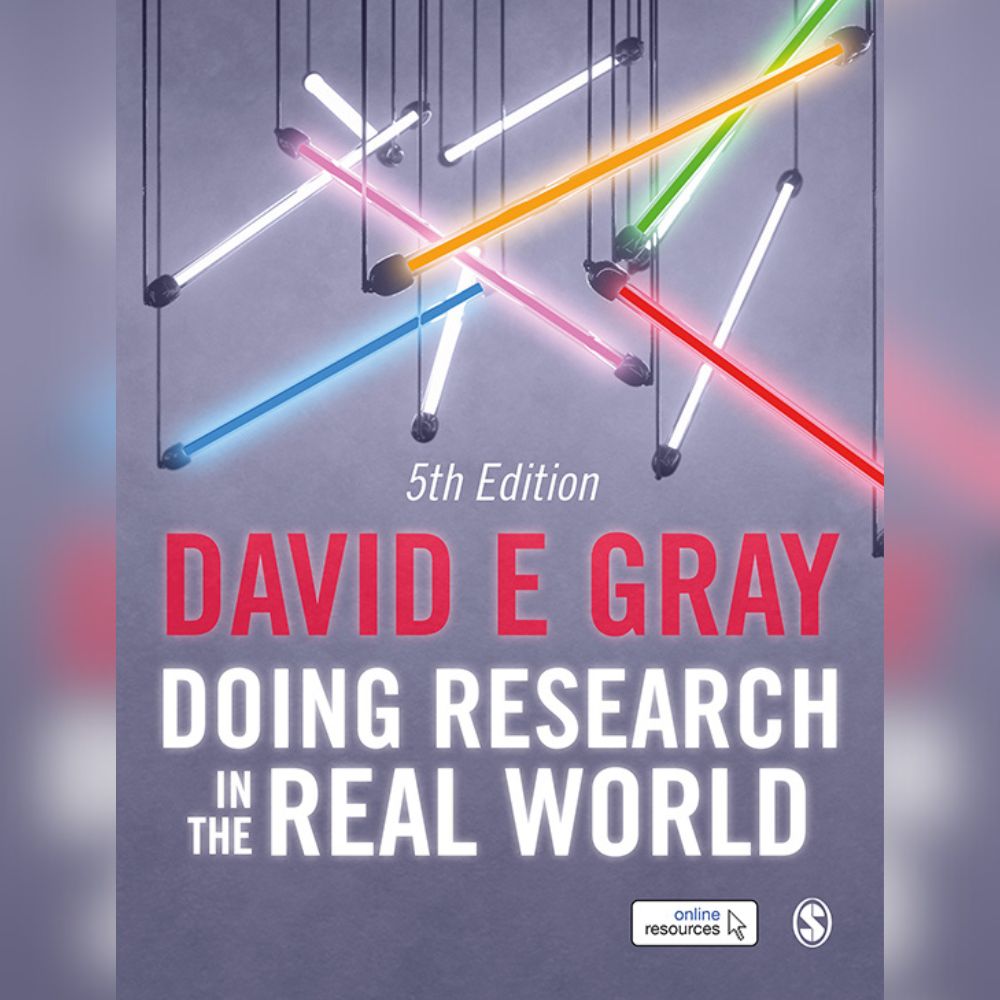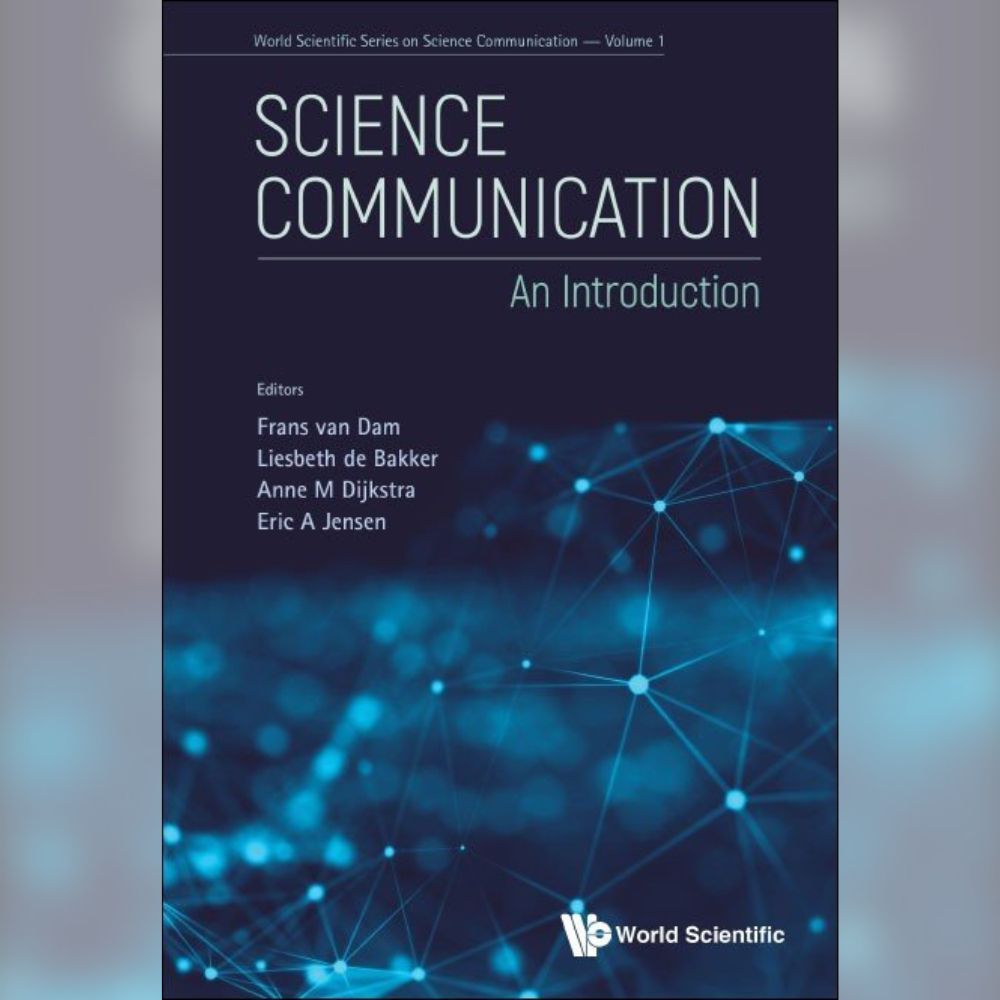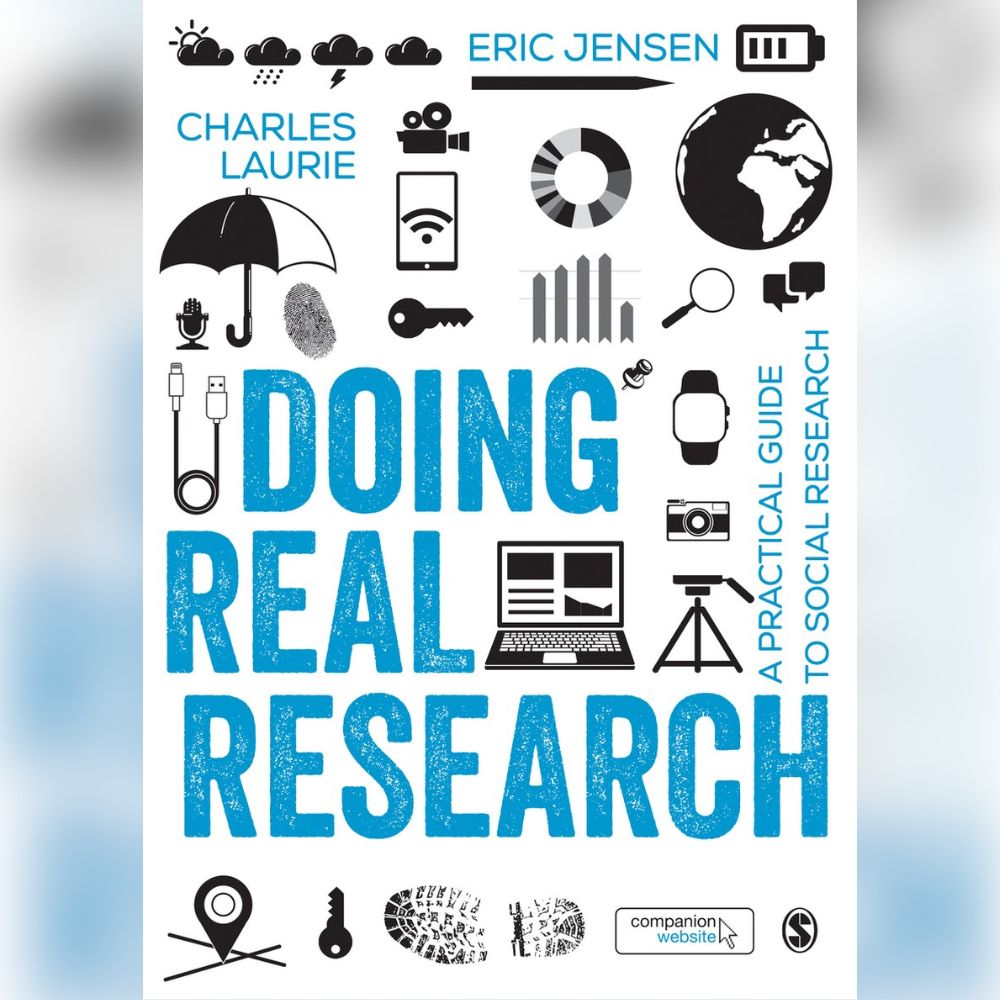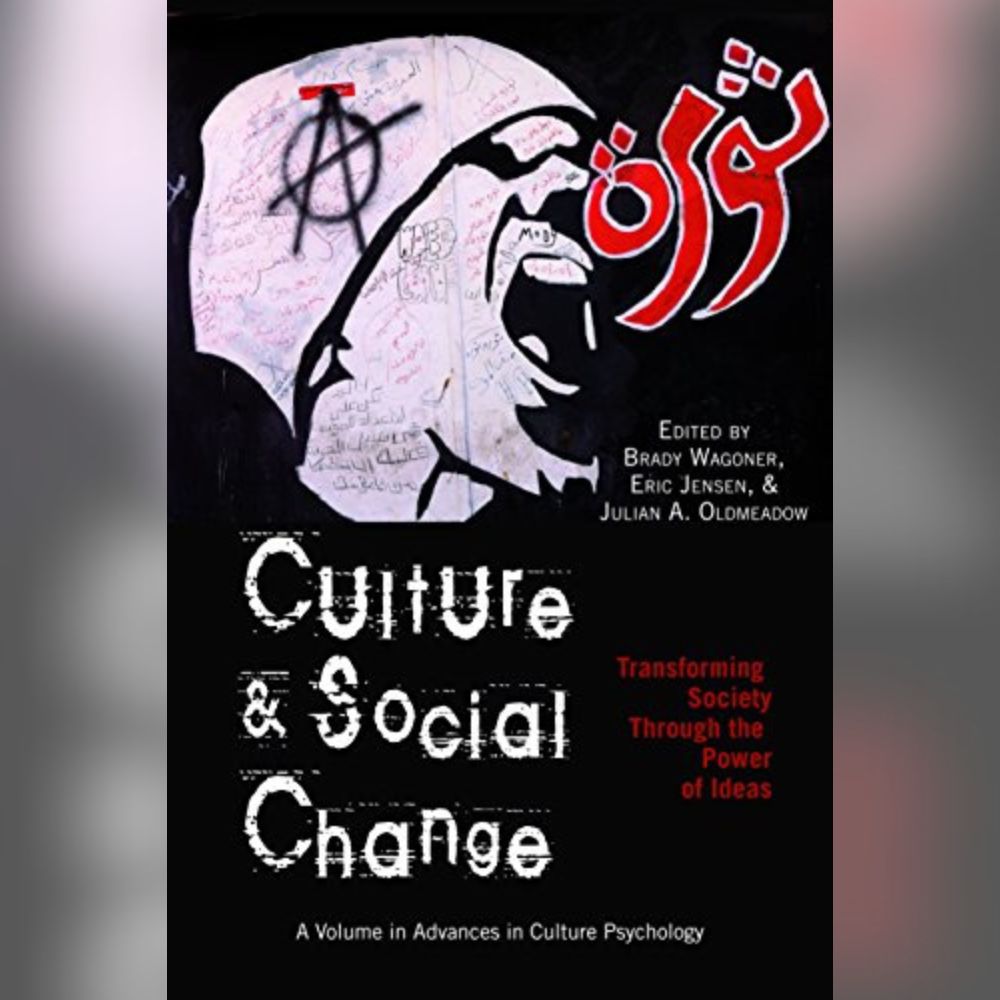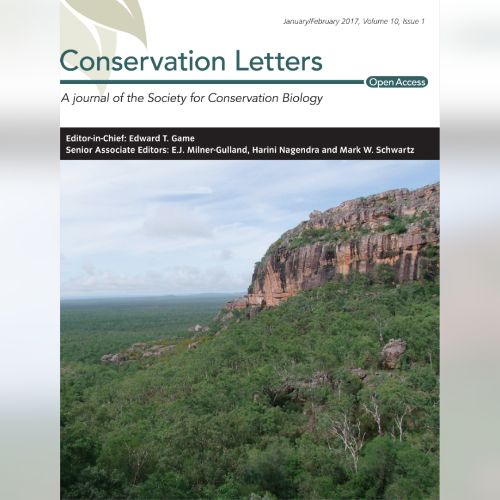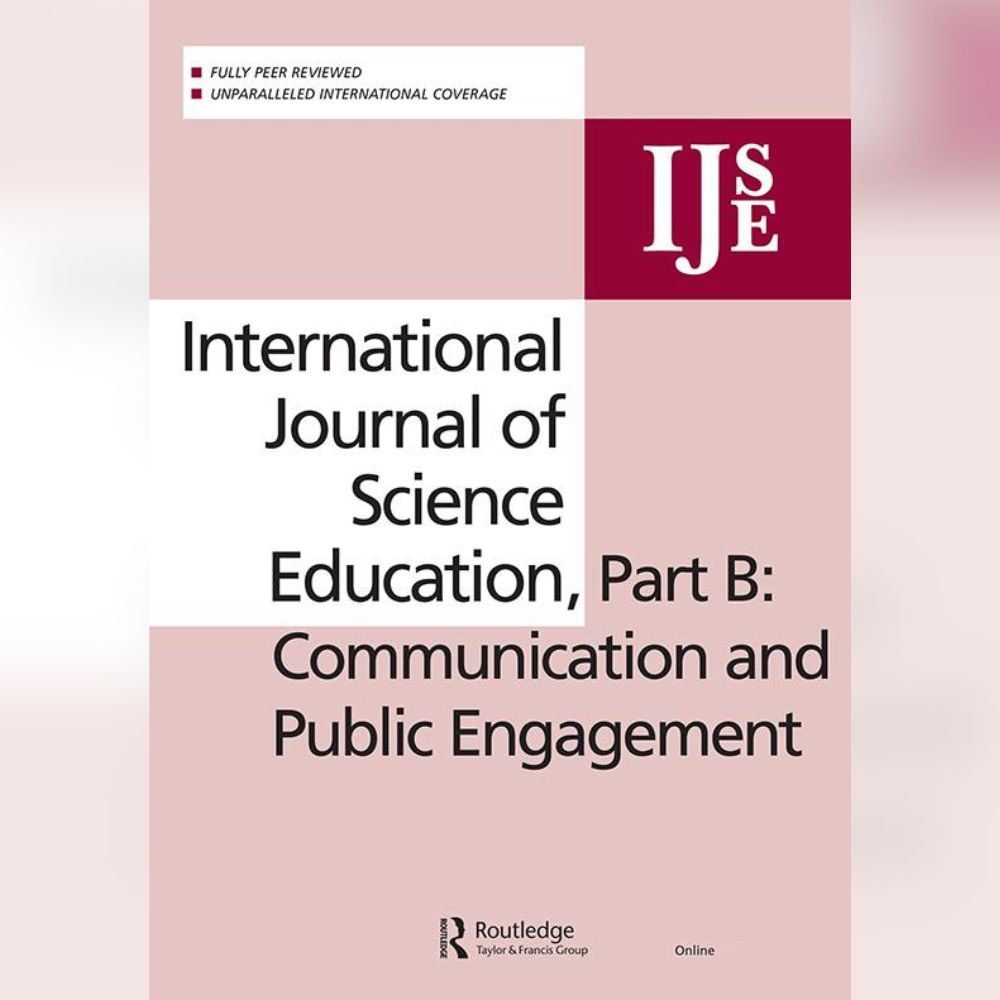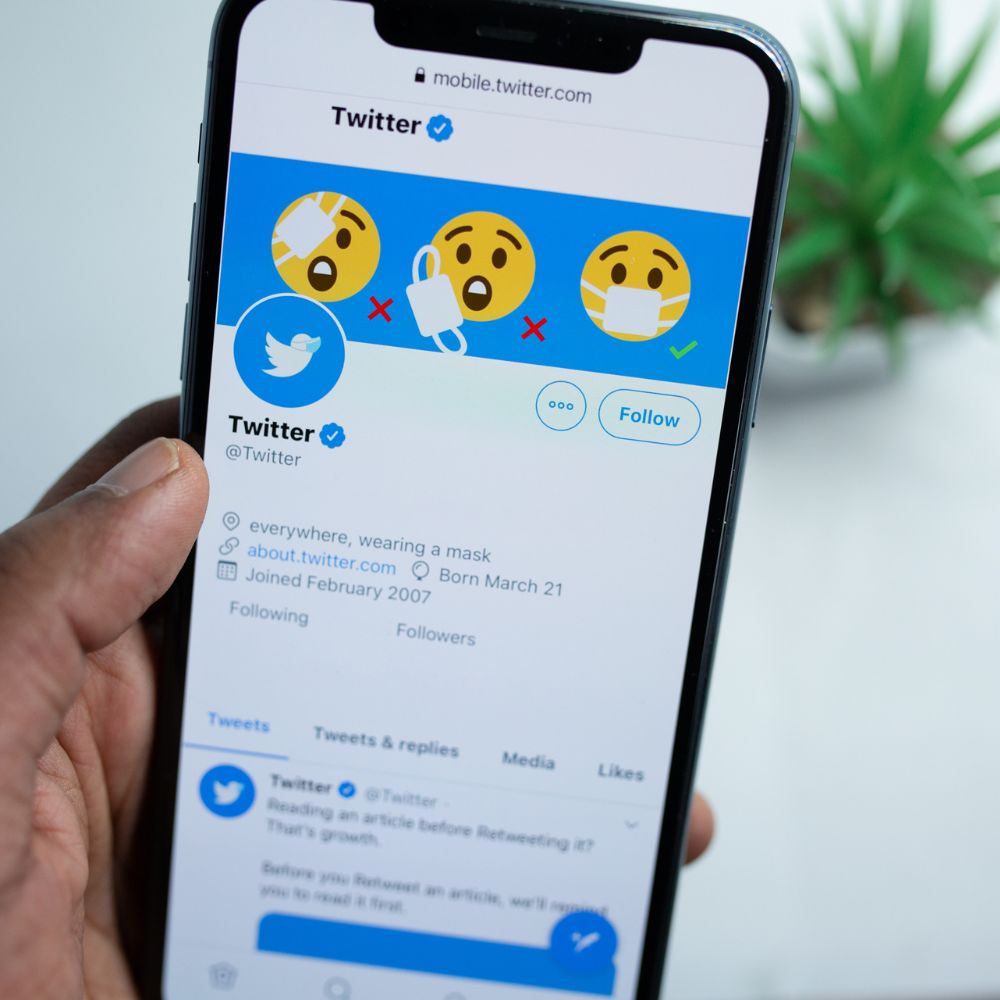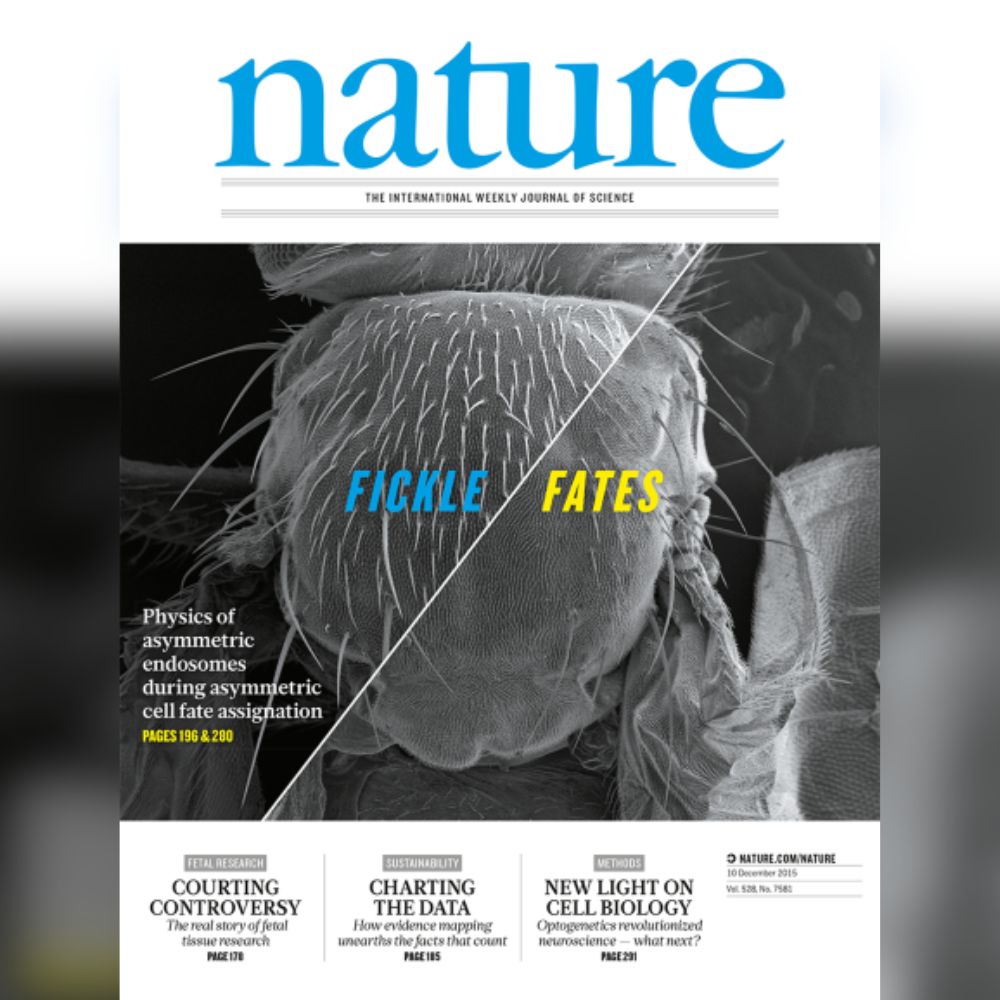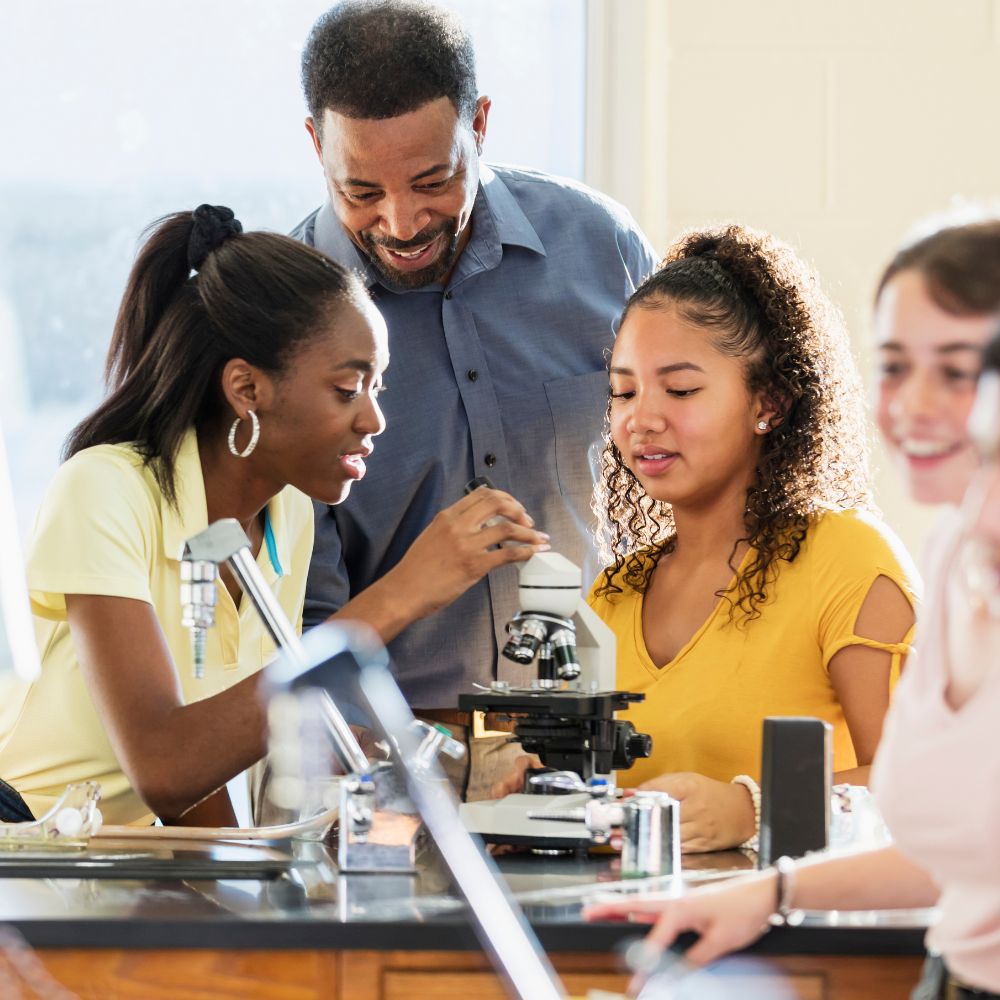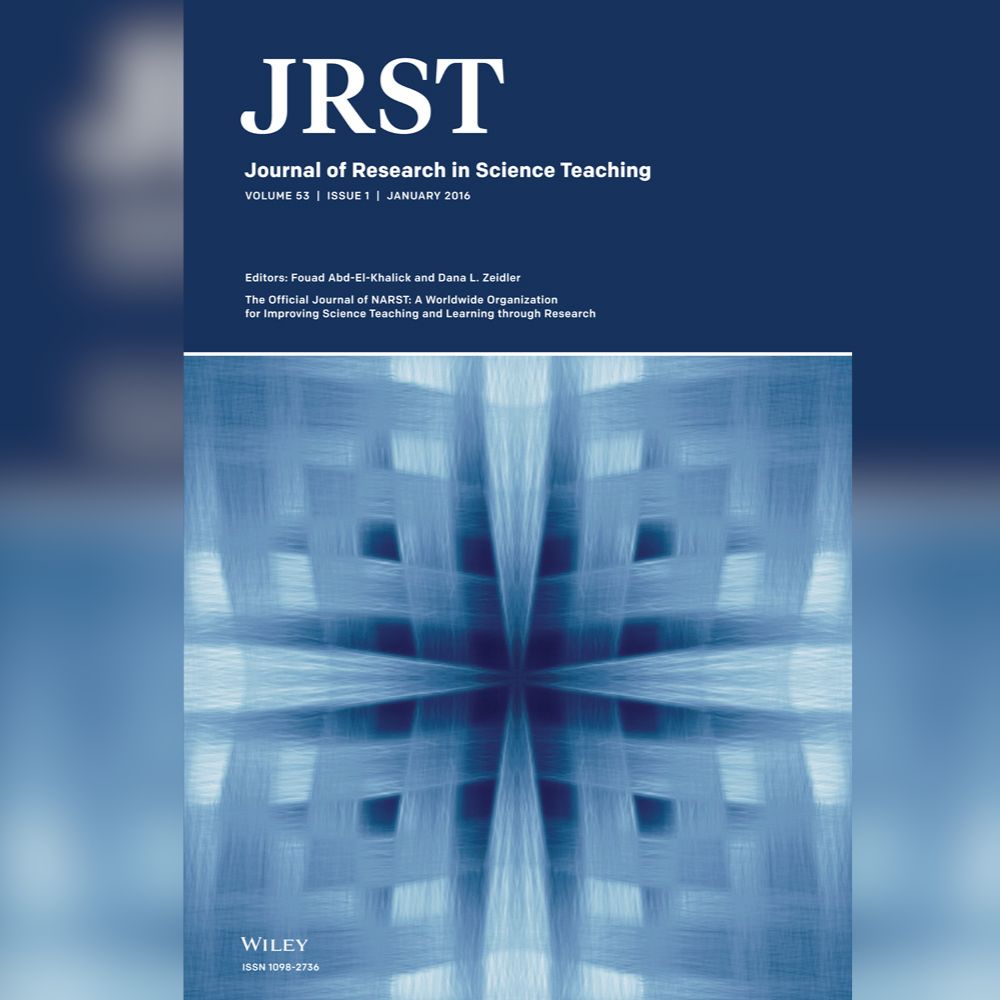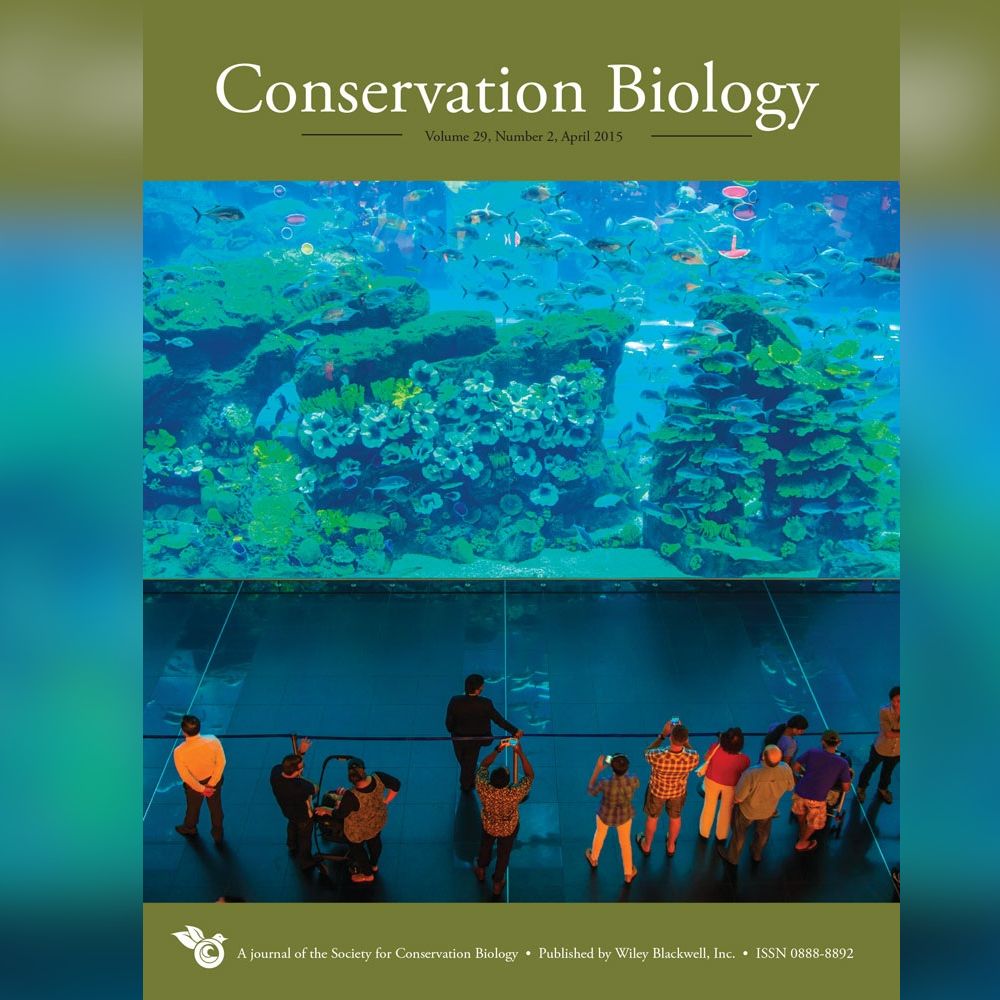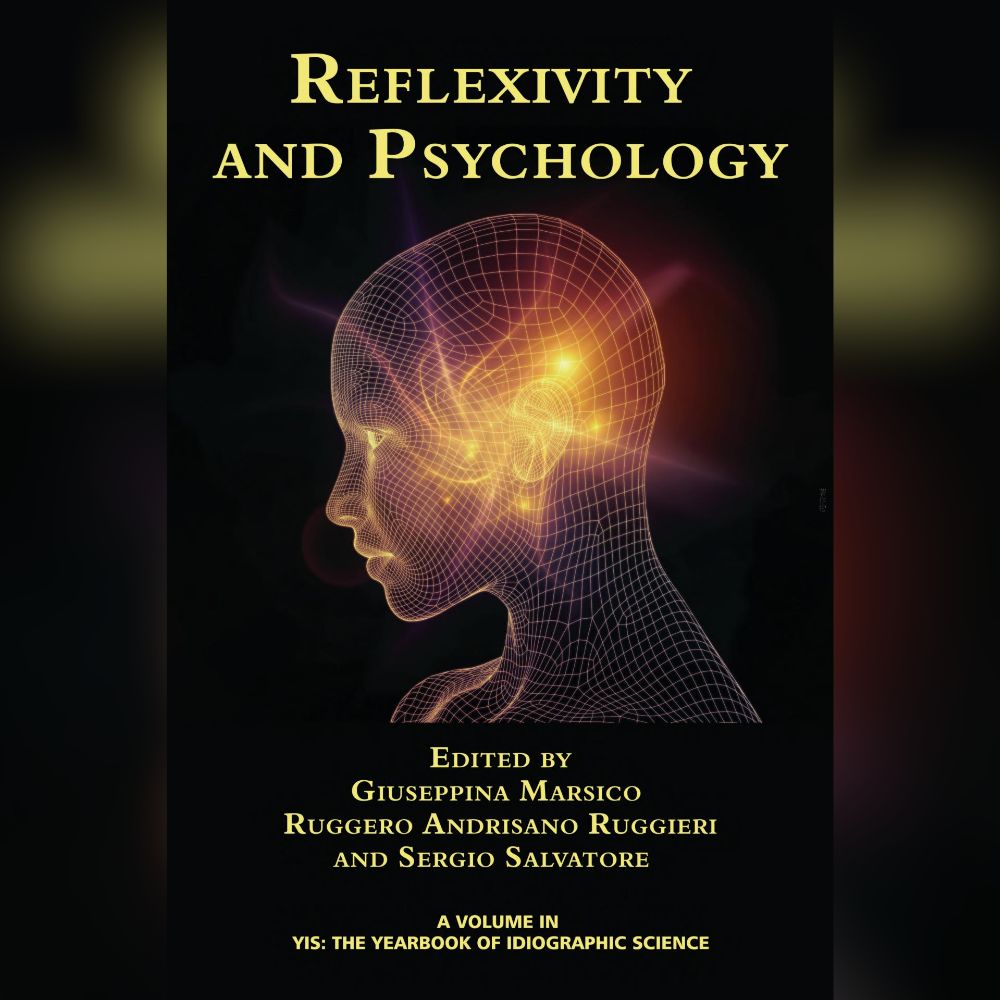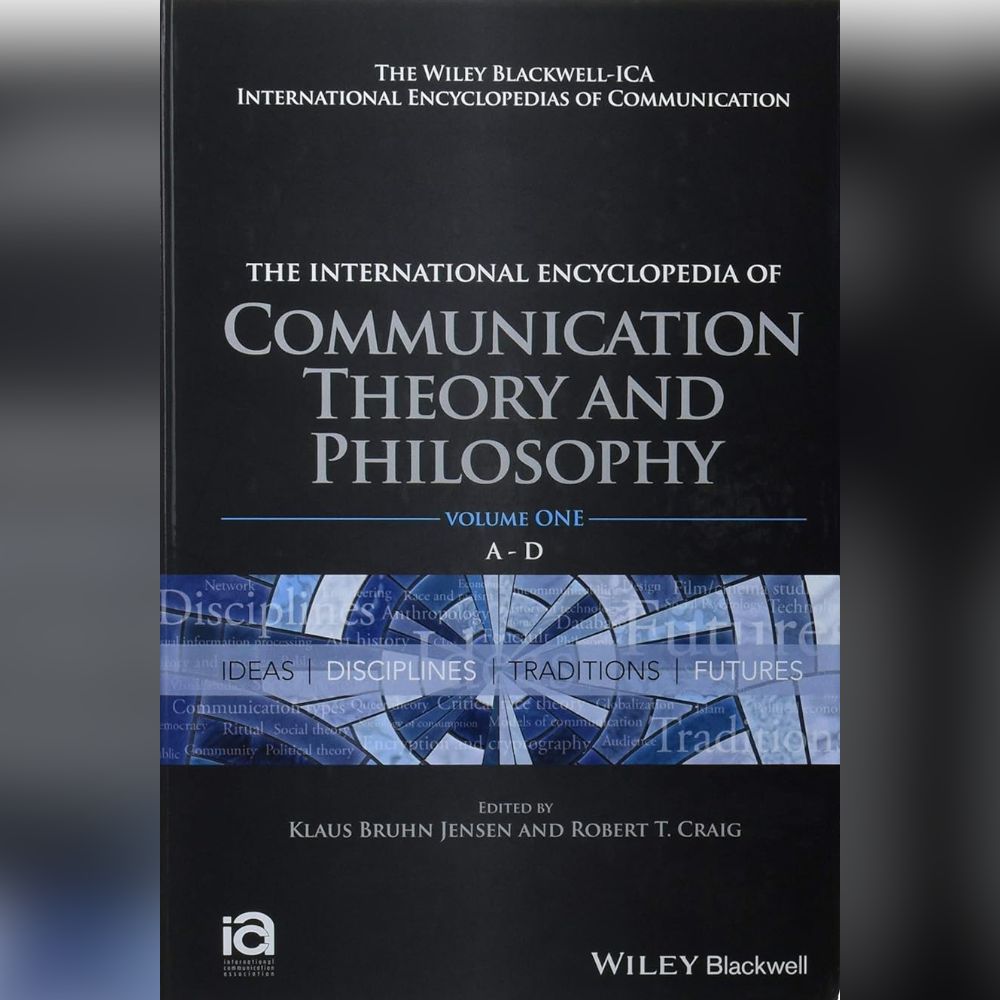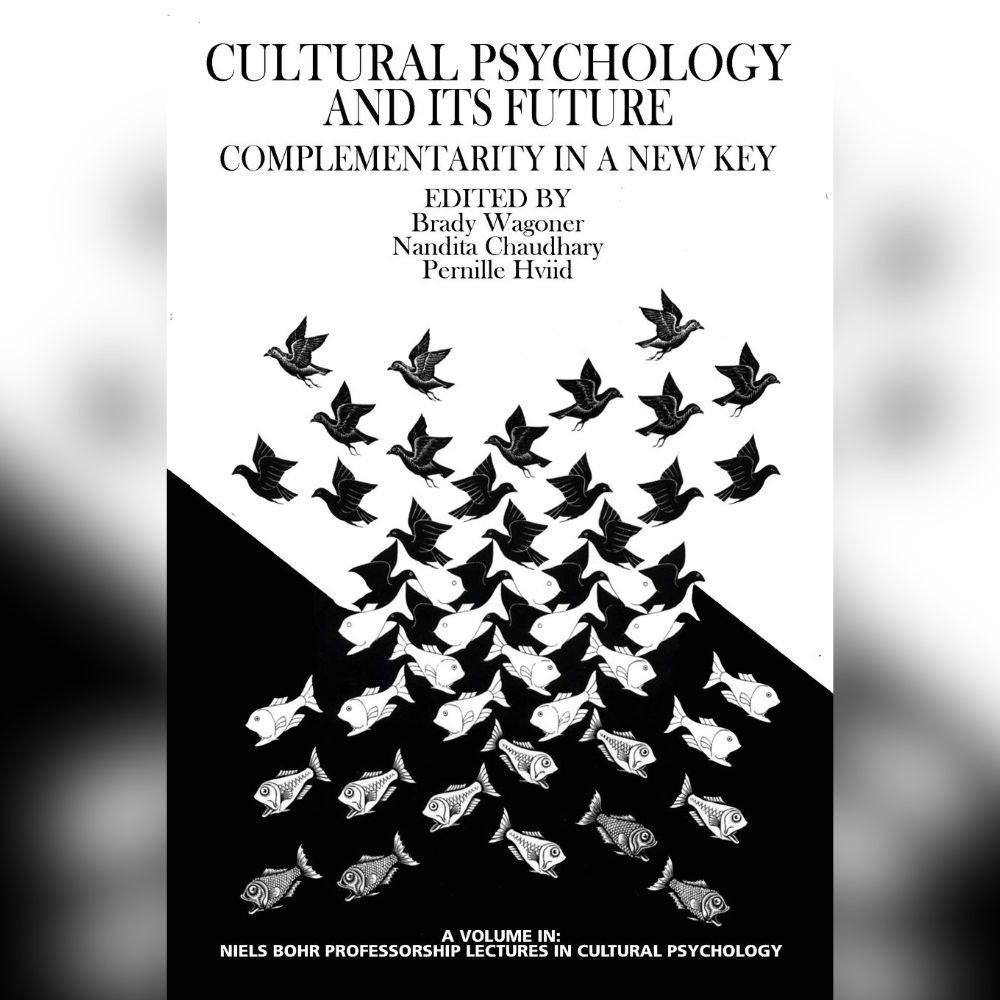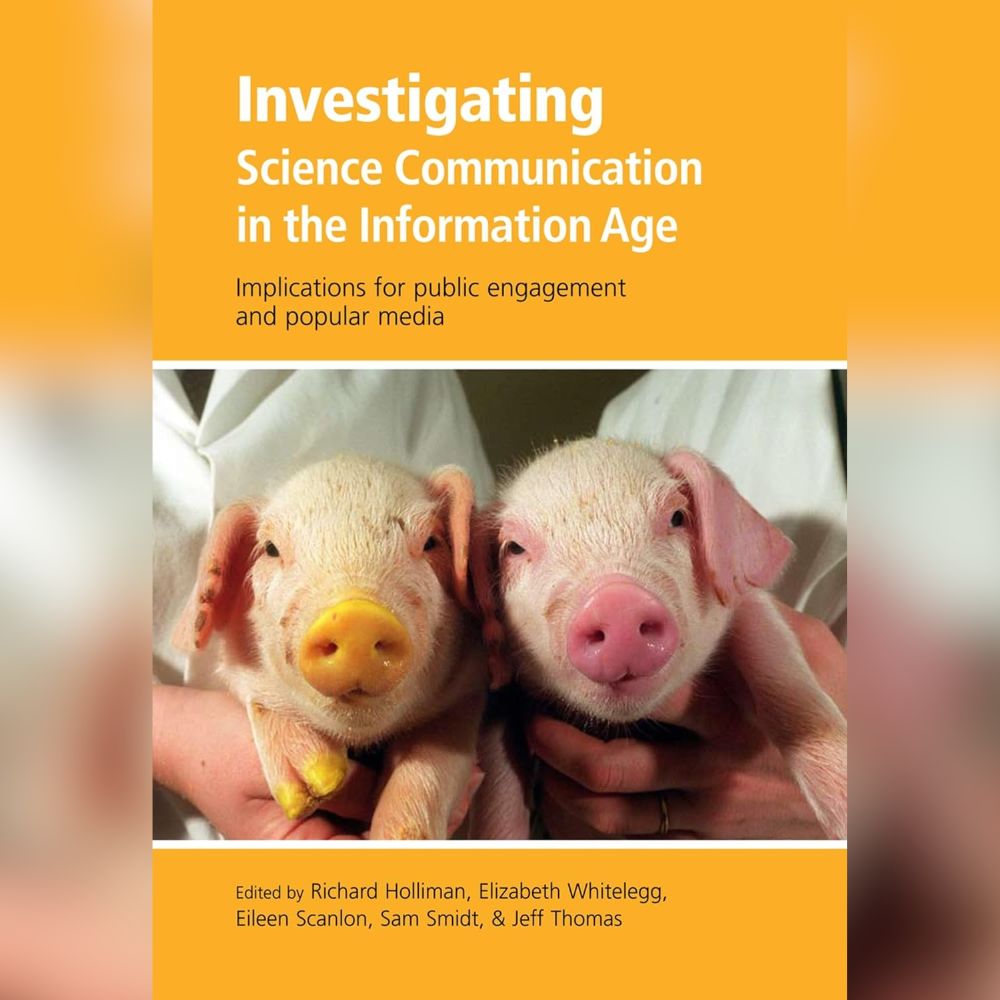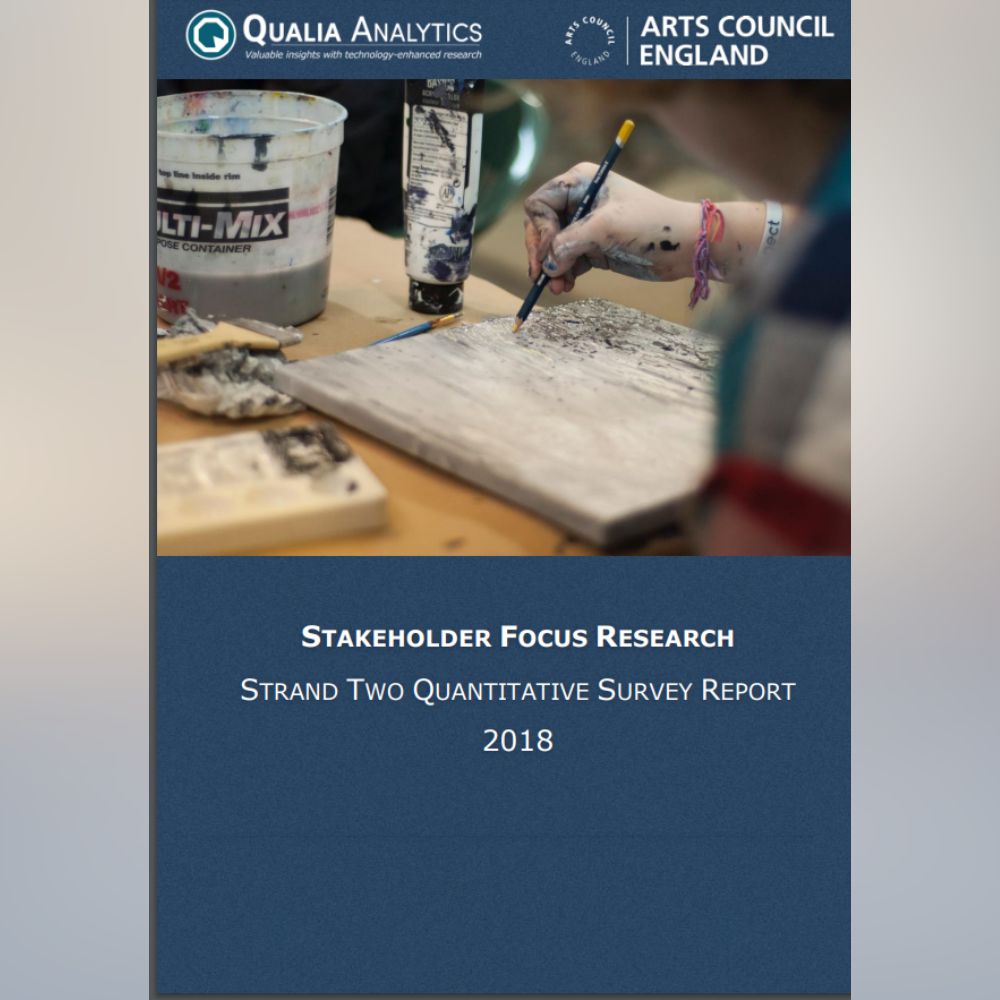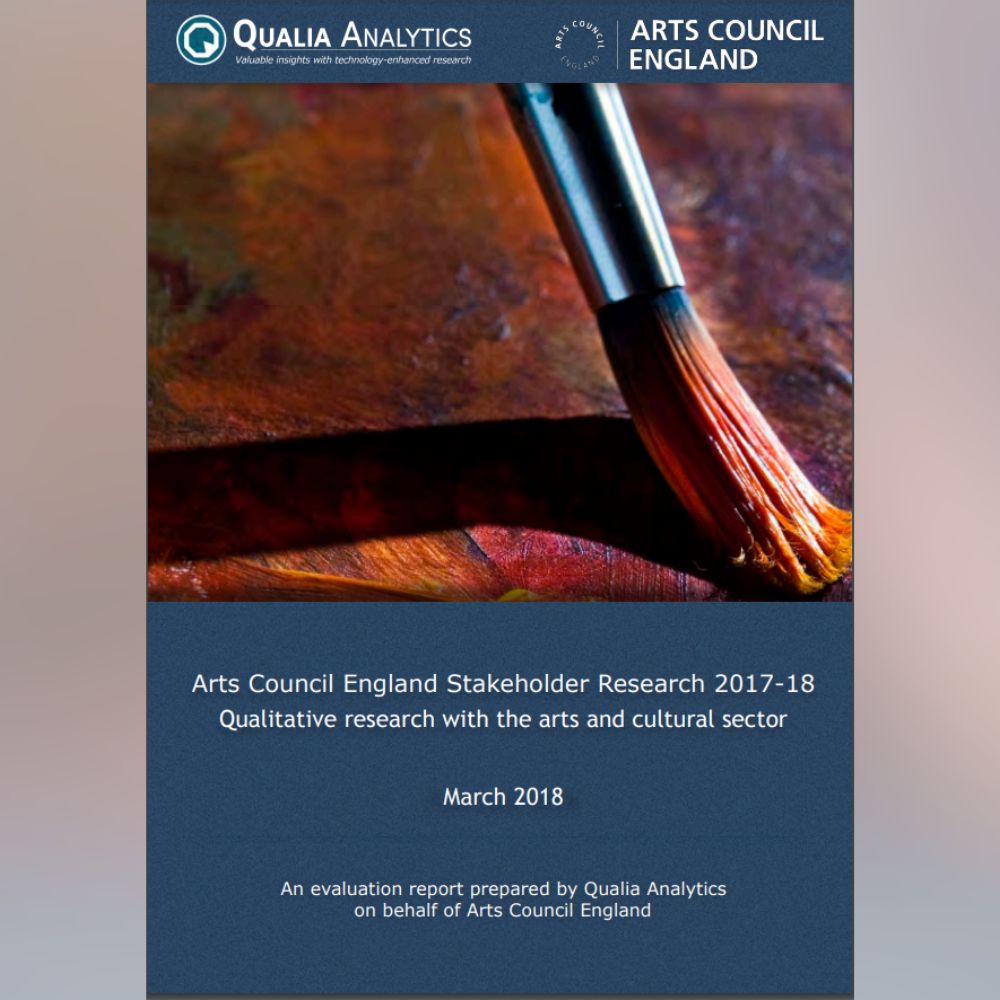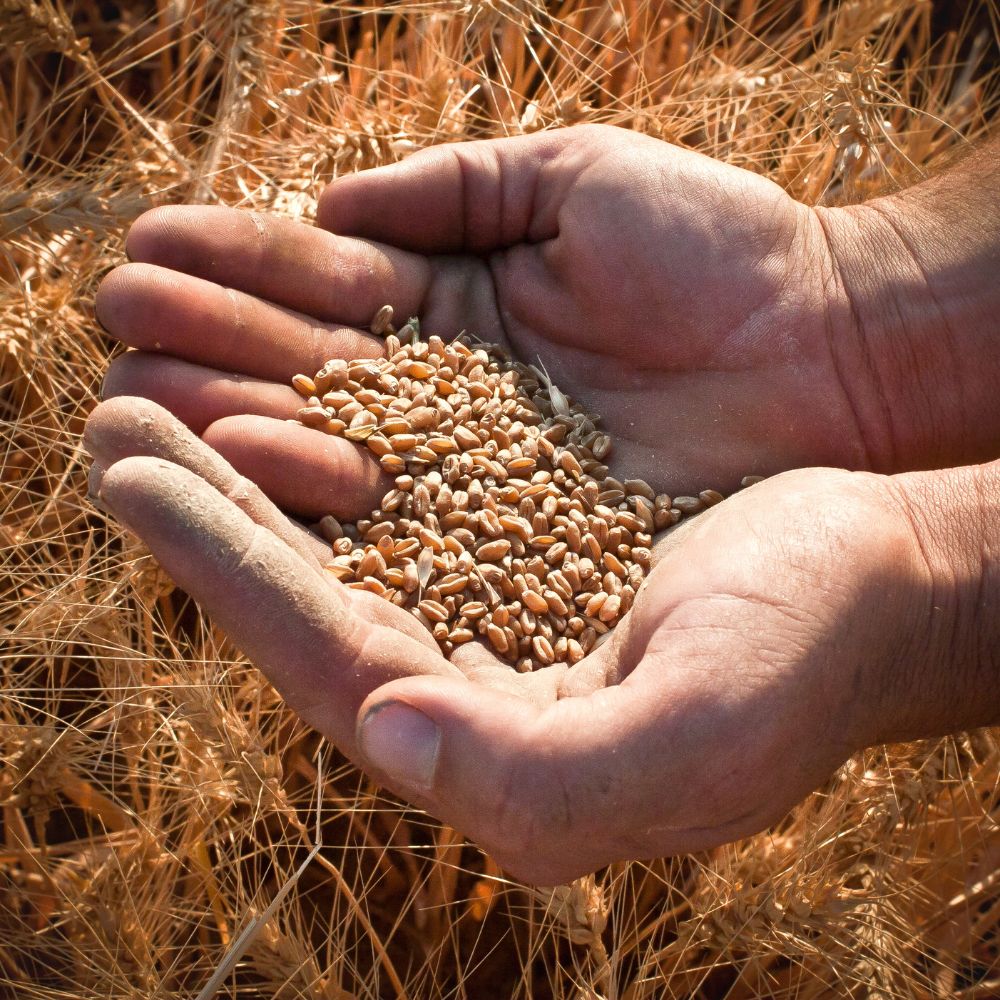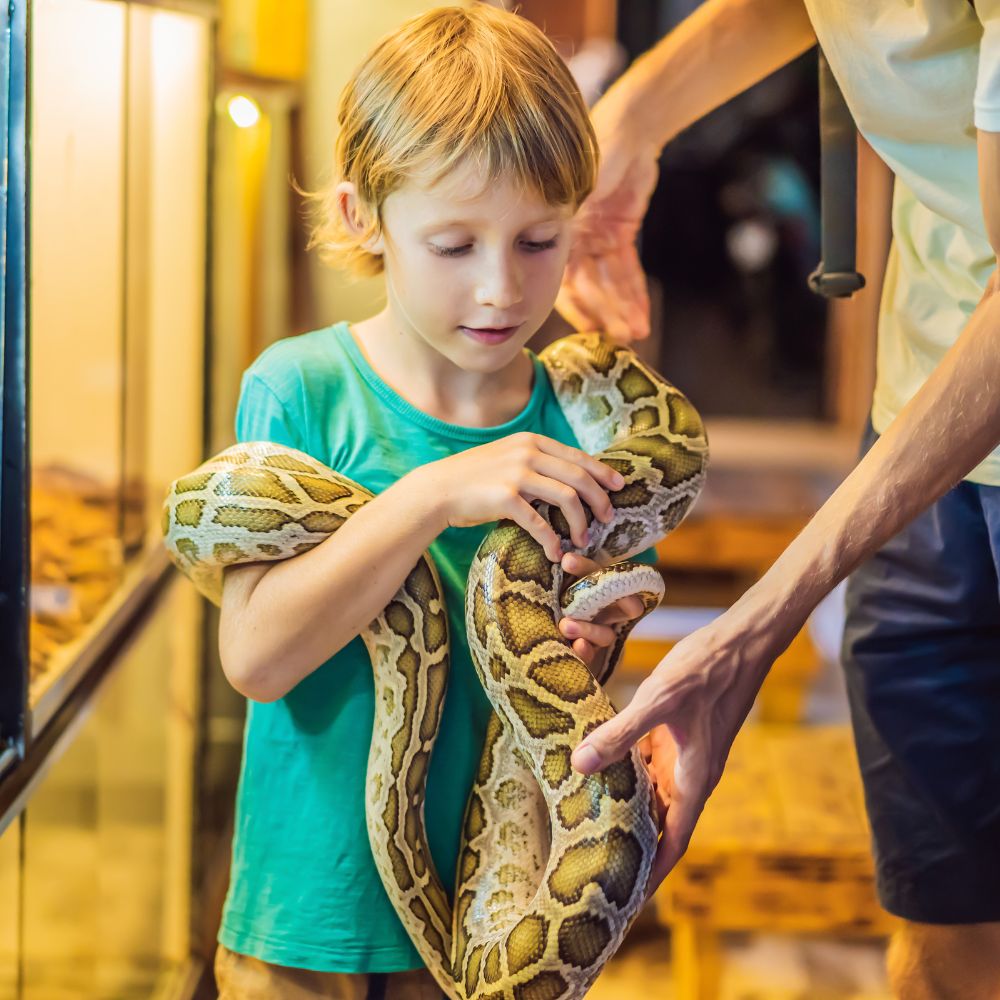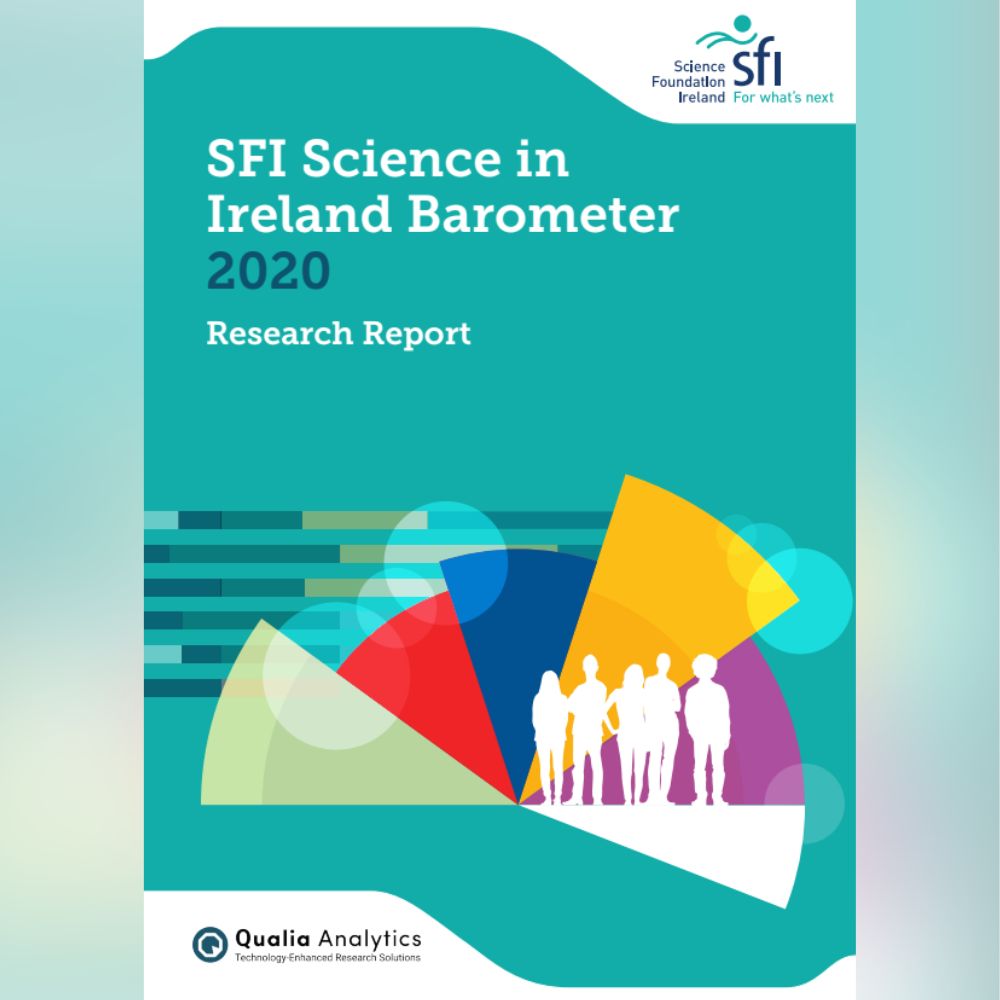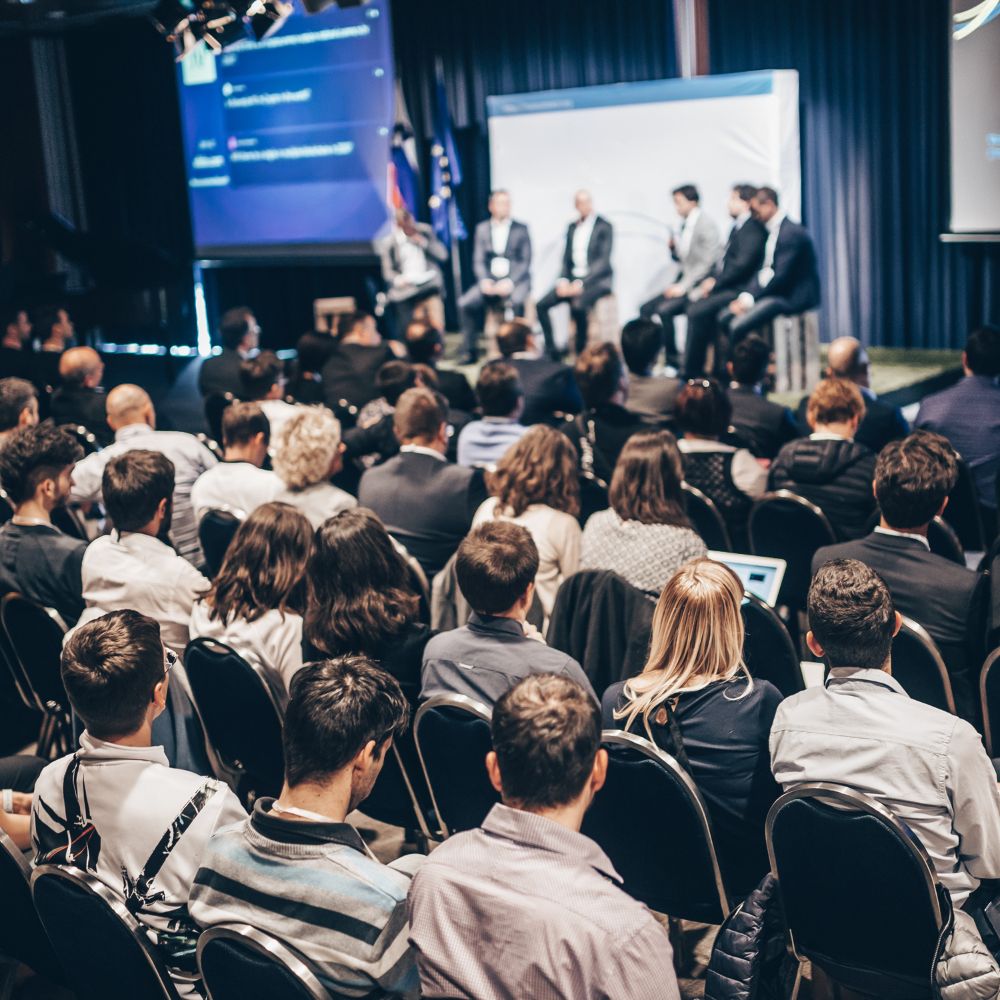Prof. Eric Jensen
CEO and Research Director
Books
Articles
Chapters
Reports
Publications
Books (selected)
2022
Doing research in the real world: 5th Edition
From first planning to writing up your research, this complete guide will help you push your project forward. Walking you through every step you need…
March 2020
Science communication: An introduction
A concise, coherent and easily readable textbook about the field of science communication, connecting the practice of science communicators with theory. In the book, recent…
2016
Doing real research: A practical guide to social research
Challenging the formality and idealized settings of conventional methods teaching and opting instead for a real world approach to social research, this book offers frank,…
2012
Culture and Social Change: Transforming society through the power of ideas.
This book brings together social sciencists to create an interdisciplinary dialogue on the topic of social change as a cultural process. Culture is as much…
Articles in International Peer-reviewed Journals
Feb 2017
Probing the Link between Biodiversity-Related Knowledge and Self-Reported Proconservation Behavior in a Global Survey of Zoo Visitors
Many environmental communication interventions are built on the assumption that increased knowledge will lead to changes in proenvironment behaviors. Our study probes the link between…
February 2016
Critical review of the UK’s “gold standard” survey of public attitudes to science. Public Understanding of Science
Since 2000, the UK government has funded surveys aimed at understanding the UK public’s attitudes toward science, scientists, and science policy. Known as the Public…
January 2015
Norms and Values in UK Science Engagement Practice
In recent years, there has been a rhetorical shift from ‘deficit’ to ‘dialogue’ and ‘engagement’ in UK policy and institutional discourse about science communication. Past…
July 2016
SMILE: Twitter emotion classification using domain adaptation. CEUR Workshop Proceedings
Despite the widely spread research interest in social media sentiment analysis, sentiment and emotion classification across different domains and on Twitter data remains a challenging…
December 2015
Outreach: Science festivals preach to the choir
Science festivals are designed to expand the public's interest in science, but we find that this genre of science communication appeals mainly to a select…
November 2015
Critical response to Archer et al. (2015). “Science Capital”: A conceptual, methodological, and empirical argument for extending Bourdieusian notions of capital beyond the arts
Archer et al. (2015) propose contributing to science education theory by introducing the concept of ‘science capital’ to supplement influential French sociologist Pierre Bourdieu’s theory.…
September 2015
Evaluating impact and quality of experience in the 21st century: using technology to narrow the gap between science communication research and practice
This essay begins by identifying some of the common challenges that explain this gap between evaluation evidence and practice. Automating evaluation processes through new technologies…
January 2016
Evaluating indicator-based methods of ‘measuring long-term impacts of a science center on its community
This article addresses some of the challenges faced when attempting to evaluate the long-term impact of informal science learning interventions. To contribute to the methodological…
September 2015
Highlighting the value of impact evaluation: enhancing informal science learning and public engagement theory and practice
In this critical response essay, I highlight the article’s tendency to construct a straw man version of ‘impact evaluation’ that is impossible to achieve, while…
April 2015
Evaluating the contribution of zoos and aquariums to Aichi Biodiversity Target 1
The United Nations Strategic Plan for Biodiversity 2011–2020 is a key initiative within global efforts to halt and eventually reverse the loss of biodiversity. The…
Chapters in Edited Books
2015
Microgenetic evaluation: Studying learning in motion
Reflexivity is a category that is too appealing not to arouse interest. It is a concept largely diffused in several psychological domains, as well as…
October 2016
Quantification
Counting has long been a major tool in social science research methodology. In many fields, to understand a phenomenon is to quantify it, to represent…
2014
Developing idiographic research methodology: Extending the Trajectory Equifinality Model and Historically Situated Sampling
Cultural Psychology is a radical new look in psychology that studies how persons and social-cultural worlds mutually constitute one another. With the increase of globalization…
2012
Scientific controversies and the struggle for symbolic power
This book brings together social sciencists to create an interdisciplinary dialogue on the topic of social change as a cultural process. Culture is as much…
2012
Mediating social change: Irony, hybridity and corporate censorship
This book brings together social scientists to create an interdisciplinary dialogue on the topic of social change as a cultural process. Culture is as much…
2012
Introduction: Theorizing culture and social change
This book brings together social scientists to create an interdisciplinary dialogue on the topic of social change as a cultural process. Culture is as much…
2012
Conclusion: Cycles of social change
This book brings together social scientists to create an interdisciplinary dialogue on the topic of social change as a cultural process. Culture is as much…
January 2009
Investigating science communication in the information age: Implications for public engagement and popular media
How are recent policy changes affecting how scientists engage with publics? How are digital technologies influencing how scientists disseminate their work and knowledge? How are…
January 2009
(In)authentic science and (im)partial publics: (Re)constructing the science outreach and public engagement agenda
This chapter describes how focus group interviews were used to investigate scientists expressions of commitment to first (deficit), second (dialogic) and third (contextual) orders of…
Government Reports (selected)
2018
Stakeholder Focus Research: Quantitative findings
As a public body, the Arts Council England aims to maintain effective relationships with both individuals and organisations in the arts and culture sector across…
March 2018
Stakeholder Focus Research: Qualitative findings
This research investigates stakeholders’ views about the Arts Council as part of a periodic evaluation of attitudes about the Arts Council’s priorities, work, relationships, communication,…
February 2014
Household Food Security in the UK: A Review of Food Aid Final Report
This report presents findings from a Rapid Evidence Assessment undertaken from February and March 2013. The aim of the research was to arrive at a…
2011
Role of social media-based public dialogue
As social media expand, policymakers and practitioners are increasingly considering what the role of platforms such as Twitter and Facebook should be in informing public…
2010
Upstream public engagement at the zoo
This report describes key findings from a series of concurrent focus groups comprising the Durrell Wildlife Park - Public Participation Meeting (PPM). This PPM is…
Professional Publications (selected)
2023
Linking policy and practice in monitoring socially responsible research and innovation (RRI): A conceptual framework to evaluate progress through the UNESCO-led Recommendation on Science and Scientific Researchers
This paper sets out a high-level conceptual framework for monitoring the development of socially responsible research and innovation (RRI) systems linked to the global policy…
2022
Introducing cinematic scientific visualization: A new frontier in science communication
With rapid advances in science, data processing, and computer graphics technologies, the line between representations of “real science” and “Hollywood science” is blurring. The film…
2021
South African scientists explain why they make time for science festivals
Science festivals across the world attract millions of visitors every year. They are typically busy, buzzing events: visitors stroll through interactive displays, enjoy science-themed shows…
2021
Has the pandemic changed public attitudes about science?
The article explores how public attitudes toward science and scientists have evolved during the COVID-19 pandemic, as experts and evidence-based approaches took center stage in…
2021
Science in Ireland Barometer 2020 National Survey of Public Attitudes about Science
In 2019, Science Foundation Ireland (SFI) commissioned Qualia Analytics to run the 2020 wave of its public science attitudes survey, the SFI Science in Ireland…
2021
State of the Art of RRI in the Five UNESCO World Regions
The overall project aim is to bring RRI into the linked up global world to promote mutual learning and collaboration in RRI. This will be…
2021
Supporting UNESCO Member States in Evidencing 10 Key Priority Areas – Measures and Indicators for Lithuania, Serbia and South Africa
The UNESCO Recommendation on Science and Scientific Researchers (RSSR) sets out a number of globally agreed expectations for national systems of science to anticipate and…
2020
The UNESCO Recommendation on Science and Scientific Researchers will transform working conditions, rights and responsibilities of researchers globally
While national science and innovation public policy is often in flux, truly global science policy initiatives are rare. Such a global initiative gained acceptance in…
2020
For science communication to be effective it should be evidence based
At its best, science communication can empower research and innovation systems to address global challenges. It does this by improving the relationships with stakeholders in…
2017
Mapping of funding for digital projects and skills
Jensen, A. M., Jensen, E. A. & Romain, S. (2017). Mapping of funding for digital projects and skills. Department for Digital, Culture, Media and Sport (DCMS):…
Research | Evaluation | Engagement | Training
Ireland | United States of America | Estonia
methodsinnovation.org is owned and operated by The Institute for Methods Innovation, which is a registered US non-profit, tax-exempt corporation under 501 (c)(3) of the Internal Revenue Code. The Institute for Methods Innovation is also a registered non-profit in Ireland and Estonia.
© Institute for Methods Innovation 2017-2025. All rights reserved.
